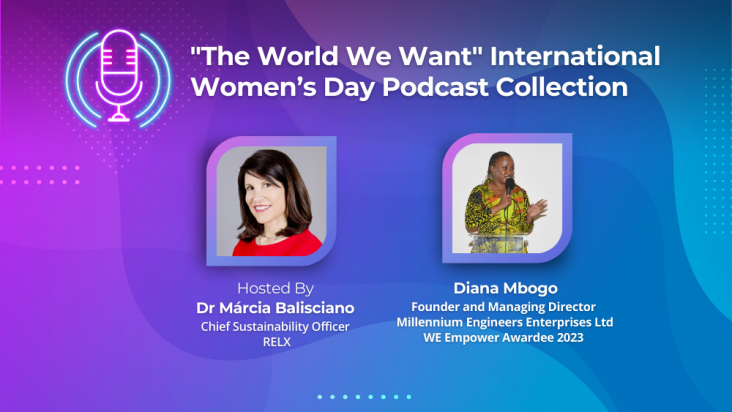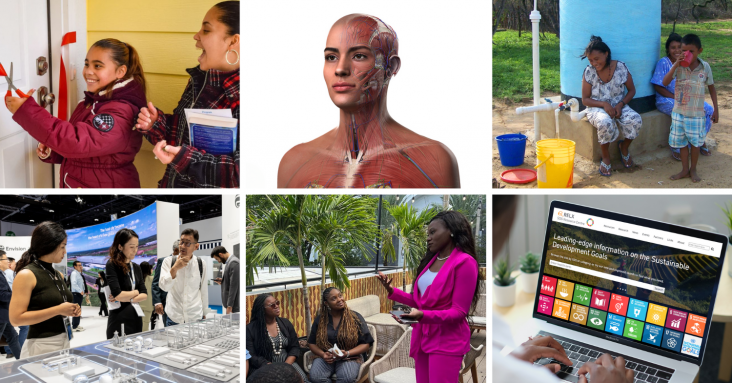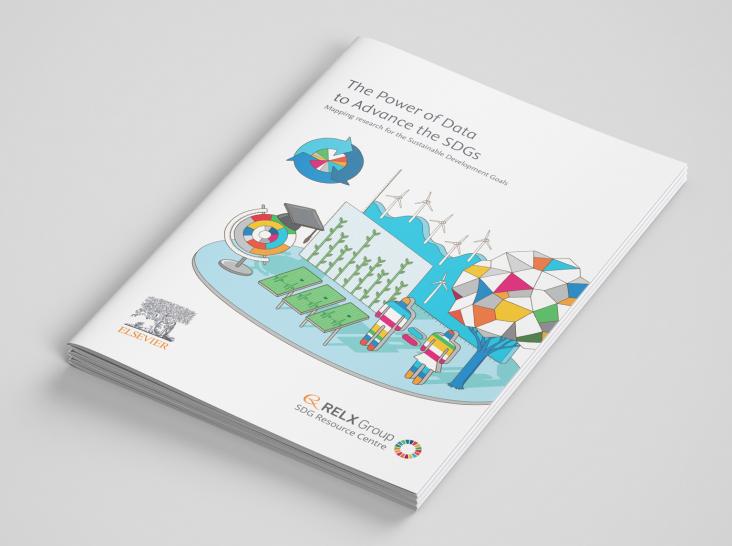This paper evaluates the negative impacts of abandoned, lost or otherwise discarded fishing gear (ALDFG) on Indian biodiversity and highlights an urgent necessity to continue building management programs and develop government policies to protect the aquatic environment from it.
Global view on sea turtle conservation
Coral atolls are at risk from rising sea level, what can be done to enhance island buidling processes

In this special edition of "The World We Want," Márcia Balisciano interviews Diana Mbogo, the Founder and Managing Director of Millennium Engineers in Tanzania. Diana, an award-winning entrepreneur, focuses on renewable energy solutions and is currently implementing the Sardine Fishing Industry Business Project. The project aims to transition the traditional, environmentally harmful methods of the sardine fishing industry toward more sustainable practices using solar drying facilities. Diana emphasises the critical connection between access to energy, particularly for women, and the broader goal of achieving the United Nations Sustainable Development Goals. Throughout the discussion, Diana shares her journey, challenges, and the transformative impact of her work on communities, highlighting the positive changes brought about by her innovative approach to the sardine industry.
The paper demonstrates the importance of a cross-sectoral approach in conservation planning to mitigate the impacts of industrial activities such as fishing, shipping, and deep-sea mining on biodiversity in the open ocean, offering a cost-effective solution for achieving conservation targets and promoting sustainable management in the face of "blue acceleration".
This chapter aligns with UN SDG Goals 3 and 14 by addressing the impact of crude oil spills on marine ecosystems and exploring sustainable solutions for mitigating pollution.
The paper presents a scientific framework for assessing marine biodiversity and reveals significant gaps in our understanding and protection of ocean biodiversity, emphasizing the need for more strategic conservation efforts to safeguard marine ecosystems and their contributions to human well-being.
This study supports SDGs 3, 6, and 14 by highlighting the importance of freshwater biodiversity for human and planetary health, and suggesting that local and regional efforts for monitoring and improving ecosystem health are essential for reversing the current crisis in this area.

As we pass the halfway point for the SDGs, many of the goals are worryingly off track and progress on 85% of the target indicators has stalled or even reversed. Through our information, products and people, RELX remains committed to advancing the Goals. Here are some of the ways that we continue to support their achievement.

Access to information is critical in achieving the SDGs - empowering the public to make decisions, informing policy making and enabling effective implementation and monitoring. RELX businesses regularly produce and publish free to download reports and analytics that draw upon vast amounts of information and data in support of the SDGs. Explore some of the reports and tools developed to date.
